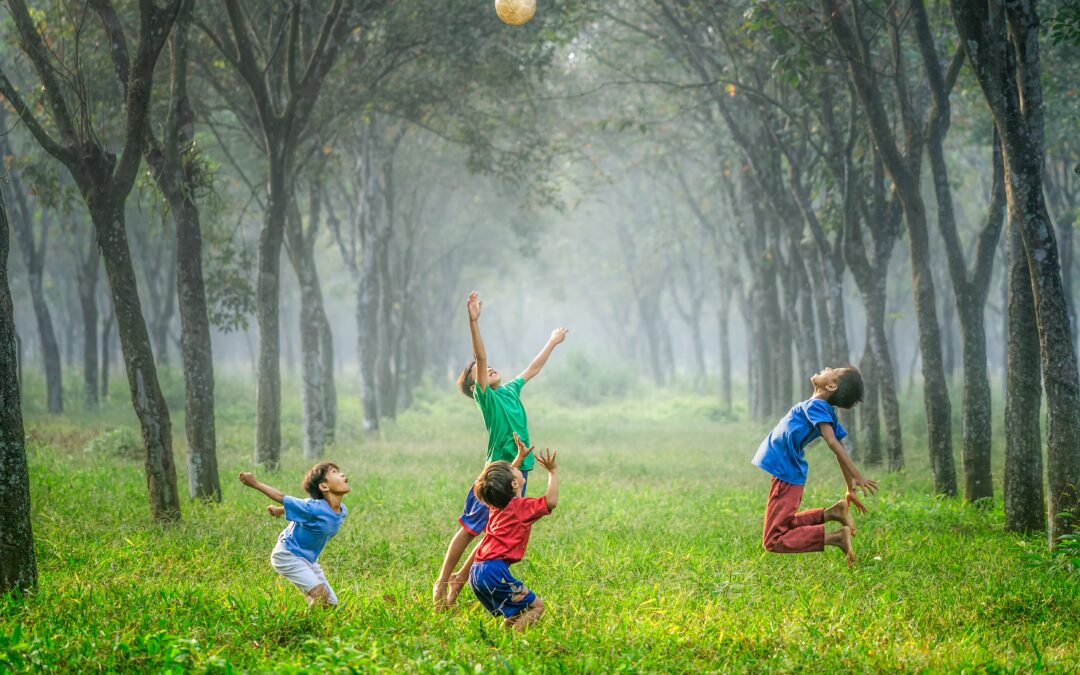Trauma. It used to be like a taboo word right? Fortunately, as time passes it is becoming less taboo, which means we know more about it because it is happening more, right? Well, it never stopped happening, it’s just more common to openly discuss it. That’s good news too, but for parents it can be quite difficult to listen to stories about their child’s trauma experience and even harder to process their own.
There are a whole lot of modalities that address making the fear of wanting to talk about it decrease, but for kids I like something called TF-CBT.
Yes, it is like regular CBT where it focuses on changing thought patterns, but with a twist. It discusses thought patterns related particularly to childhood trauma. Unfortunately this modality has not been shown to be useful for adults quite yet; however, the research on its effects for the population it is approved for is promising. And who knows, maybe some of the skills used in it can be applicable to all populations, well that is my belief anyway.
The modality is broken up into multiple stages and is set up in a way to where a person actually practices regulation skills before jumping right into the actual trauma.
It can also be utilized in complex trauma situations too. The model itself is very fluid and although there are stages, the clinician and client can move throughout it however they choose. Too good to be true right? Well, an important part of TF-CBT being effective is the buy in process from the child because honestly, what child is going to be forthcoming with details about a really bad event? Most of them won’t probably. Nonetheless, the beginning stages of TF-CBT are more so centered around education versus individual experiences.
I have found it to be very useful when you normalize these events for a child who is struggling to identify “why am I acting this way or feel like this?”.
Being able to help a child see that the same trauma the went through, countless others have experienced also can open up a whole new avenue of potential. I imagine they already have shame, guilt, and so many other feelings of self hate because of the experience anyway. Keep in mind, when I say generalizing I’m also not saying that these things are a natural part of life, but it is important to send the message that there are others out there like you and they have thrived. The good thing is that the child doesn’t have to get personal or share details because the focus is simply on psycho education. Usually it’s best to incorporate some type of game or otherwise it feels like endless homework, I mean after all these are children.
There’s a lot more about TF CBT that I did not mention here and I also am learning about it still myself. But as I said, research is very promising and it’s so easy to follow because the manuals literally break down every phase. The modality itself is very user friendly as it incorporates techniques from other schools of thought and it’s resources are pretty affordable. It also is kind of new, but as time passes I expect it to be more widely used. A lot of what is discussed here is really about the beginning stages of TF-CBT or what I have practiced so far, but I for sure will be addressing the other levels sometime. But keep in mind I am still learning this modality myself and I am in no way a pro in it, but I deem it really cool and useful.
Resource: Trauma-Focused Cognitive Behavioral Therapy (TF-CBT). (2020, April 03). Retrieved August 06, 2020, from https://tfcbt.org/





